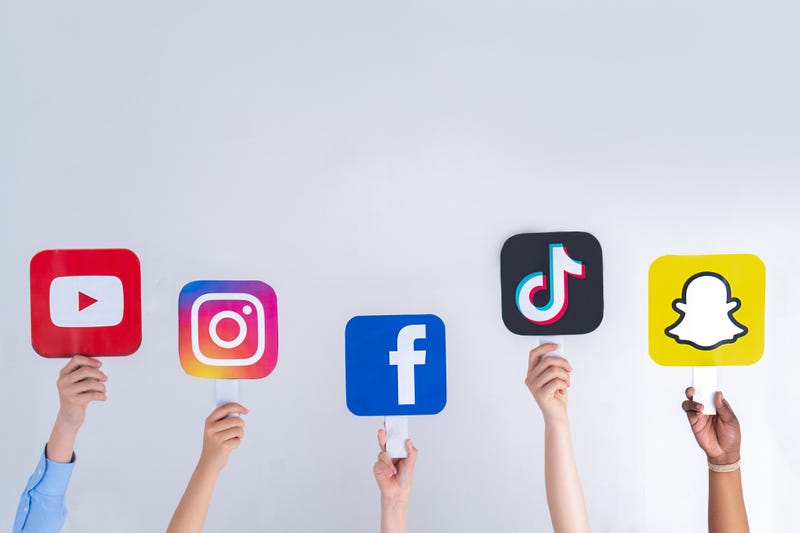
In less than a year, a new law in Minnesota will require social media platforms to have a mental health warning label, becoming the first state in the U.S. to have such a law. Similar legislation is also being considered in other states, including California, New York, and Texas.
When the new law is implemented, users will have to acknowledge the potential negative mental health impacts of social media, every time they access one of the platforms. A social media platform must ensure that
a conspicuous mental health warning label that complies with the requirements.
"I think it's a good idea," says David Nathan is a psychologist with Allina Health. "I don't know if it's enough. I think that helping people be aware that social media, especially prolonged exposure to social media, is not healthy, I think that's a great thing. I think that's really, really helpful."
He says the United States is behind on this endeavor.
"China and other countries that actually outlawed the use of social media over a certain amount of time, and online video games for high school students already, for teenagers already," says Nathan.
Some experts believe mental health issues could be a side effect of social media use, though the link between the two is still being researched.
A Pew Research Center survey of US teens ages 13 to 17 found 48% say social media has a mostly negative effect on people their age, up from 32% in 2022.
"I think that social media is fine in appropriate doses, but I think that it's also designed to be very, very addictive," Nathan adds.
He explains how that addiction comes into play.
"There are two chemicals, dopamine and serotonin, and there are a couple of other ones, but those are the main ones," Nathan explains. "And when our brain releases those from one neuron to the next, it makes us feel really, really good."
So the longer you're on social media, he says the algorithms get to know us better.
"It's kind of scary, but it's really amazing how our brains work," Nathan adds.
So if you're feeling any particular way?
"Let's give them content that's going to make them feel more happy or this this person is feeling excited, let's give them more stuff that makes them feel even better," says Nathan.
The problem is, if you can't get off it, you could find yourself in trouble.
"There are teenagers that spend, you know, five, eight, 10, 15 hours a day on these devices," Nathan explained. "So it's collecting tremendous amounts of information and it knows what people like. And it uses that information to sell it to advertisers."
He hopes this new warning though will help.
